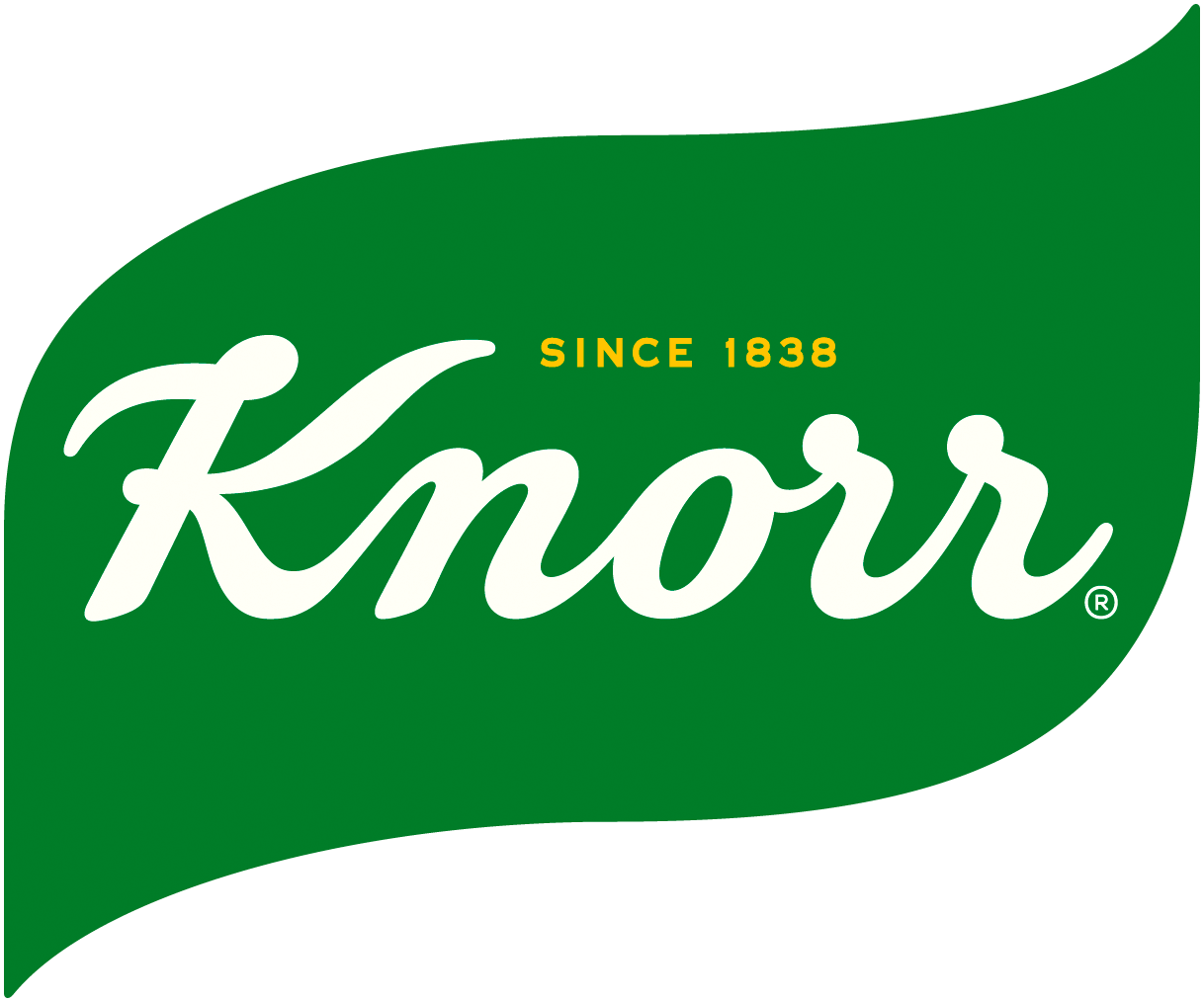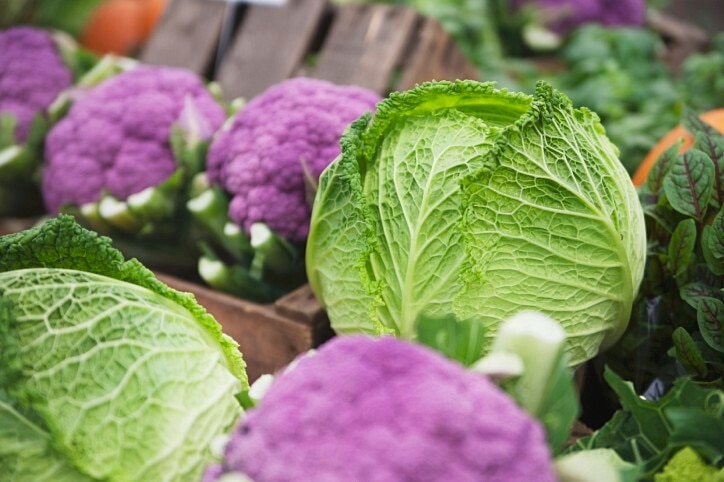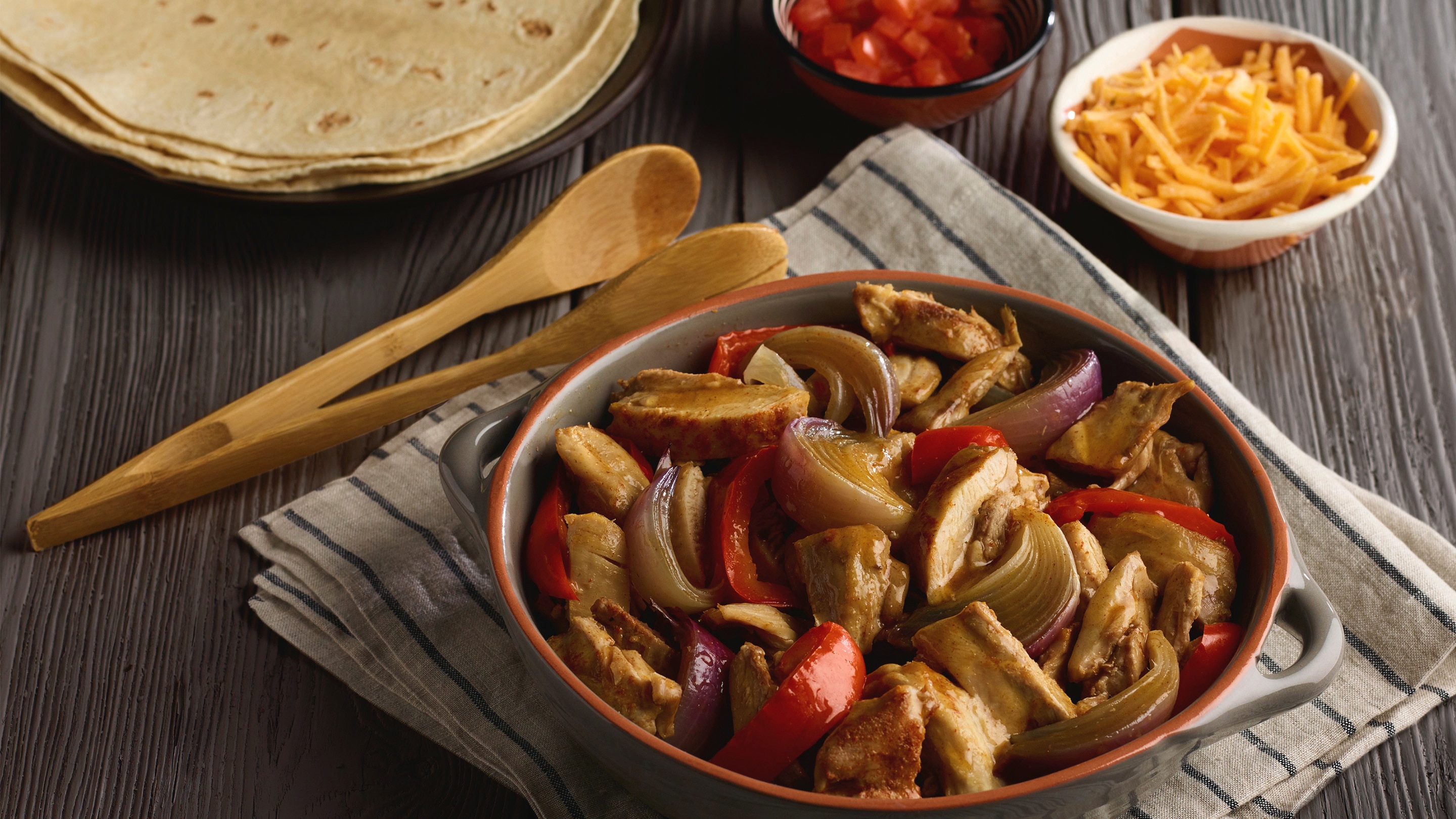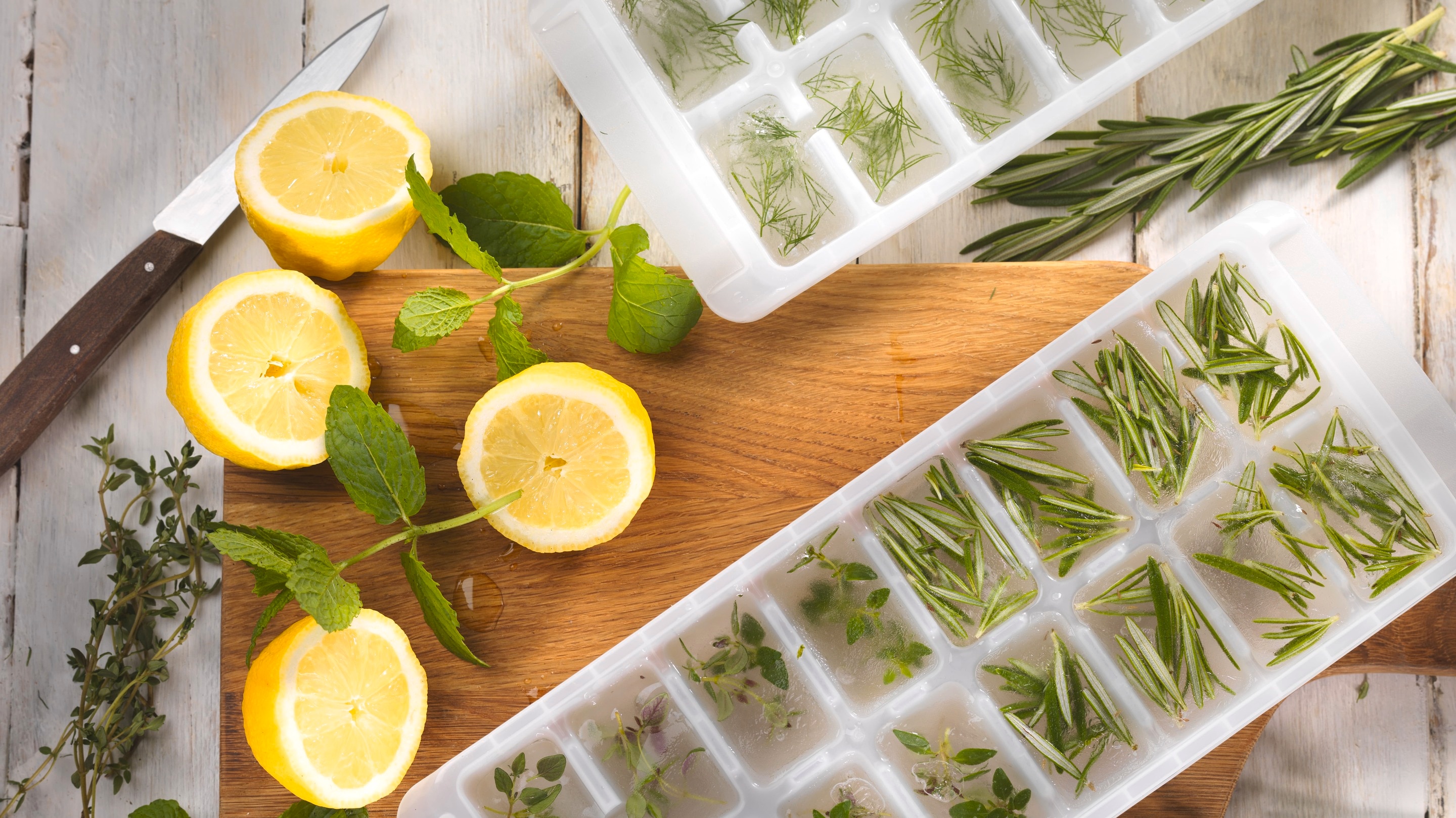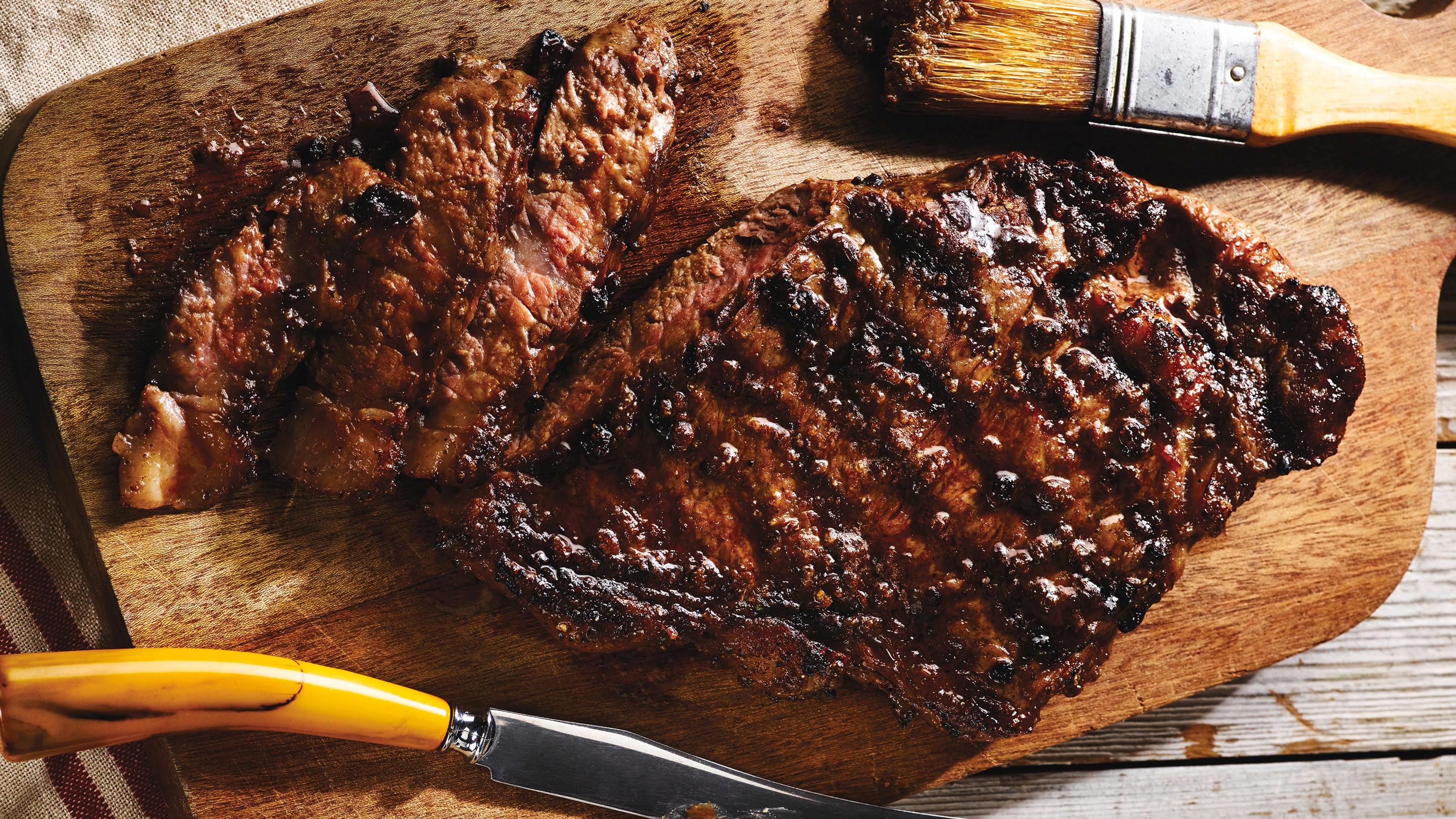Skip to:
Ever thought about pursuing a vegetarian diet but not known how? Fear not! We have a range of tips and delicious recipes from Knorr to help you on your way!
The desire to go meat-free is growing in many. However, a lot of people are not quite ready to commit to a vegetarian lifestyle. Others are worried that a vegetarian diet will be boring and tasteless. But wait…all it takes is a little information to dispel these doubts. Read on to find out how to successfully adapt to a vegetarian regime!
Goodbye, Meat! – Vegetarianism Made Easy

The best thing about this "new" way of eating is that you can start immediately! Thanks to ever increasing demand, everyday vegetables are enjoying an explosive renaissance. A gradual reduction of meat and fish consumption is just as effective as quitting “cold turkey”. Going at your own tempo makes the switch to a meat-free life a lot easier than you first would have thought.
Fresh herbs, aromatic vegetables, pasta salads, rice and potatoes are all ingredients the whole family can enjoy. Who doesn’t love spaghetti with tomato sauce or savoury filled crepes? Both are delicious meals without meat that do not require any additional time or financial investment.
Worry-free Vegetarianism– It's all about balance
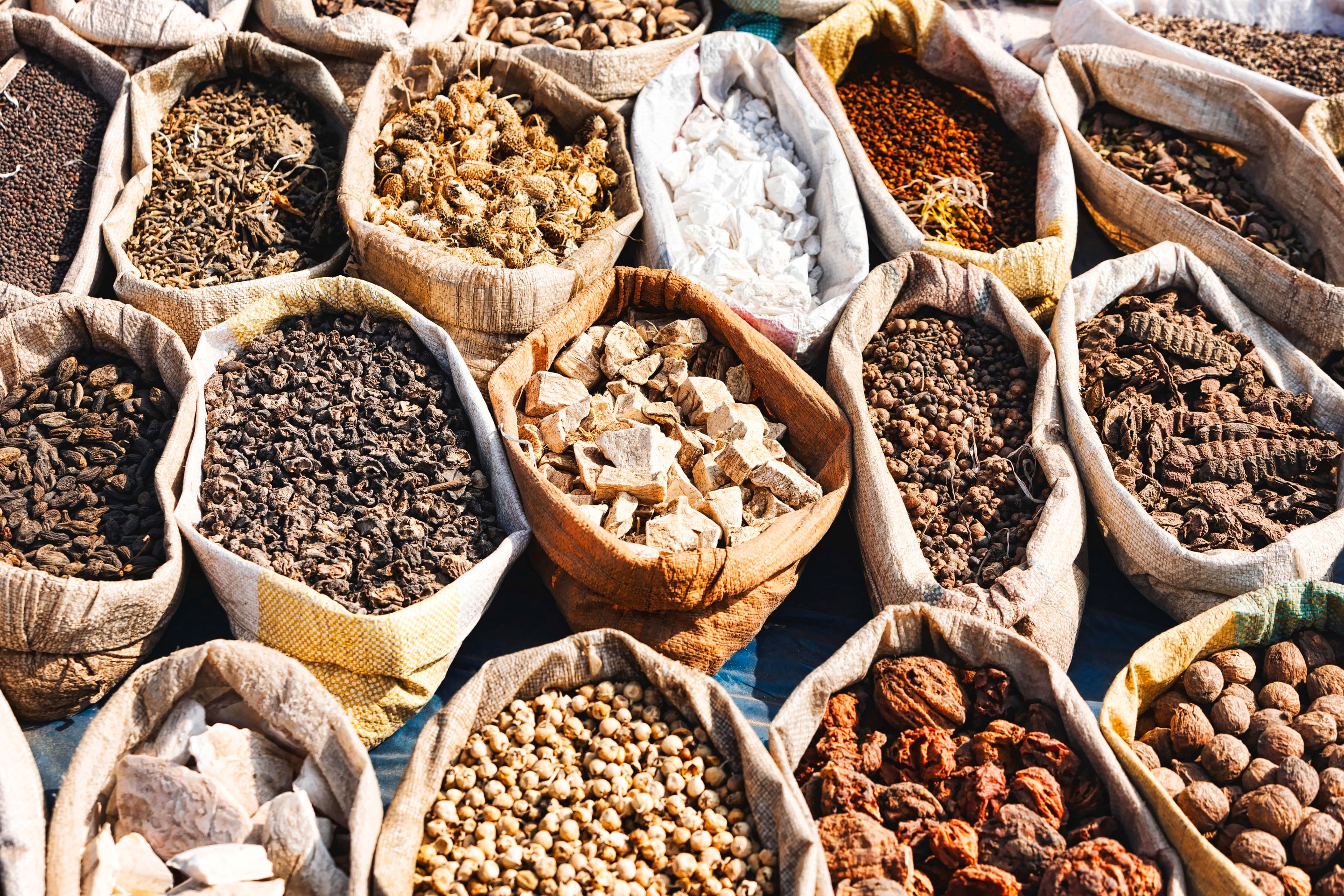
No more meat? Don’t worry! Becoming a vegetarian does not mean you have to eat like a rabbit. Simply go to your local store and discover for yourself the wide range of delicious fruits and vegetables they have to offer and you are already on your way to discovering the multi-faced pleasures of a vegetarian diet. Food manufacturers have long recognized the growing demand for more vegetarian options and today offer a wide variety of plant-based products – even in the frozen food section – which will make the transition tasty and easy.
But how do I get enough protein if meat is no longer an option?
On top of milk and eggs as great sources of protein, the vegetarian diet has an array of delicious foods that can provide protein, think legumes (beans), soy and nuts. With the advice of a Registered Dietitian specializing in vegetarian eating and careful meal planning, you can make sure you get the protein you need.
Vegetarian, or meatless meals have been part of our food culture for a long time, just have a peek at an old cookbook and you will quickly discover lots of delicious, meat-free main dishes. If you would like even more inspiration, explore Middle Eastern cuisine for hearty, tasty and budget-friendly dishes made with spices, vegetables and grains such brown rice and bulgur.
Not to mention, soy products provide a great way to make the transition to a meat-free diet easy. Look for ground soy to replace ground beef in spaghetti Bolognese, chilli and even meatballs.
Can’t live without the barbeque?
No need to! Hearty sausages made from tofu, smoked tofu, “meatballs” made from soy, feta cheese in foil (for ovo-lacto vegetarians) as well as the wide range of tasty vegetables such as corn, broccoli, zucchini peppers and potatoes are all perfect for your summer-time garden party.
Are you concerned about getting enough iron in your diet?
With careful meal planning and speaking to a Registered Dietitian with expertise in plant based/vegetarian eating, you can u integrate the right amount of the following iron containing foods into your vegetarian diet:
- Grains and grain products – look for fortified breads, cereals and pasta;
- Soy and soy products- firm or extra firm tofu, tempeh and fortified soy beverages;
- Vegetables – cooked spinach, kale, and potatoes with their skins ;
- Dried fruits – prunes (including juice) and apricots;
- Dired beans, peas and lentils- kidney and pinto beans, chickpeas and red, brown and green lentils;
- Nuts and oil seeds – cashews, almonds, pumpkin and sesame seeds (try seed butters too).
4 GOOD REASONS TO GIVE UP MEAT
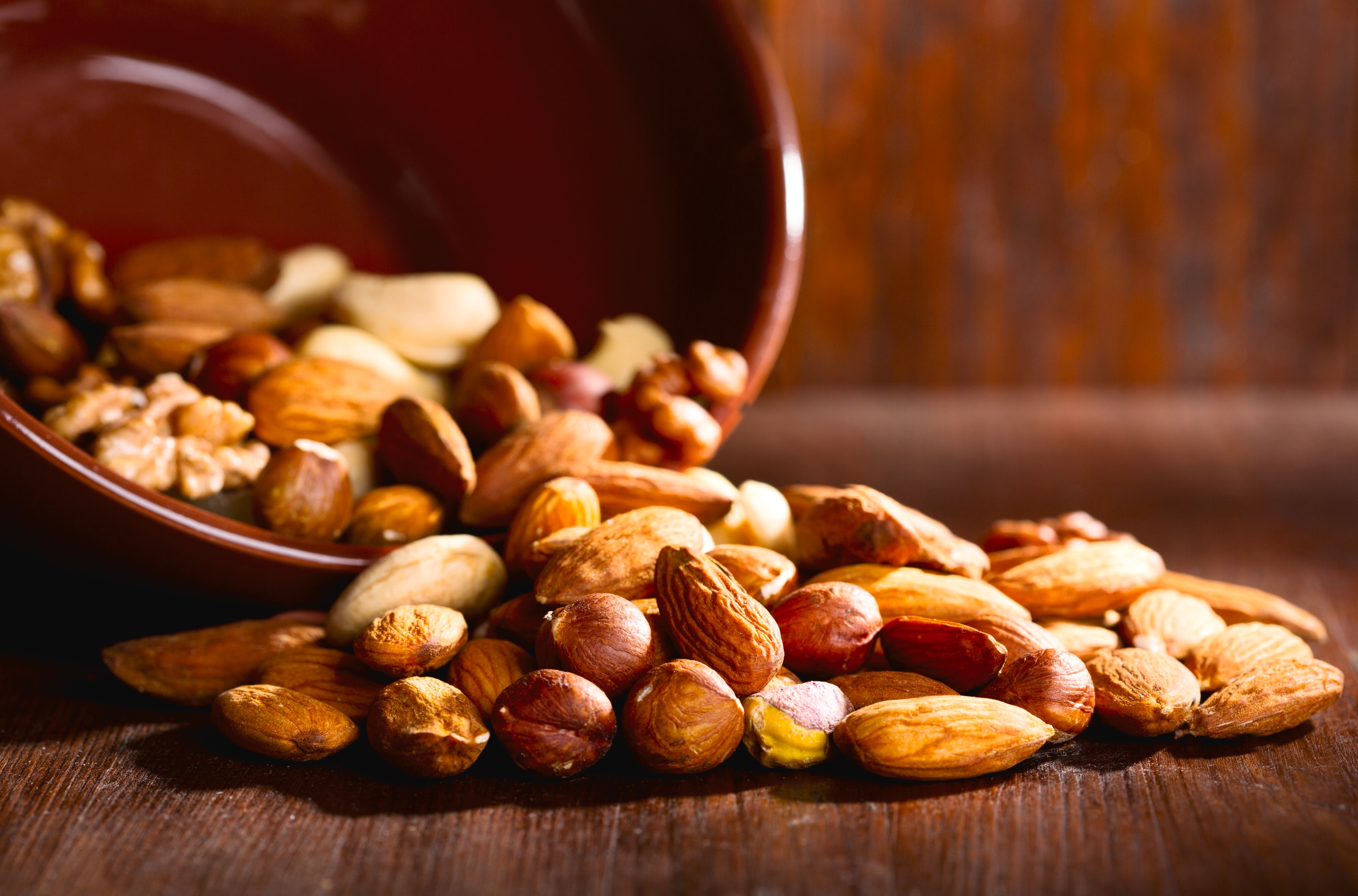
If you are still not quite convinced that a vegetarian diet is right for you, consider this:
Vegetarianism is :
- Good for your body: A well planned vegetarian diet may provide health benefits such as a lower risk of high blood pressure, lower blood cholesterol, Type 2 diabetes and obesity.;
- Good for your taste buds: A meat-free diet can be diverse and delicious. It allows you to enjoy a rich variety of vegetables, fruits, grains and fresh herbs.;
- Good for animals: Vegetarianism supports the call for animal-friendly food production. And by switching to a vegetarian diet you can save up to 100 animals a year..
